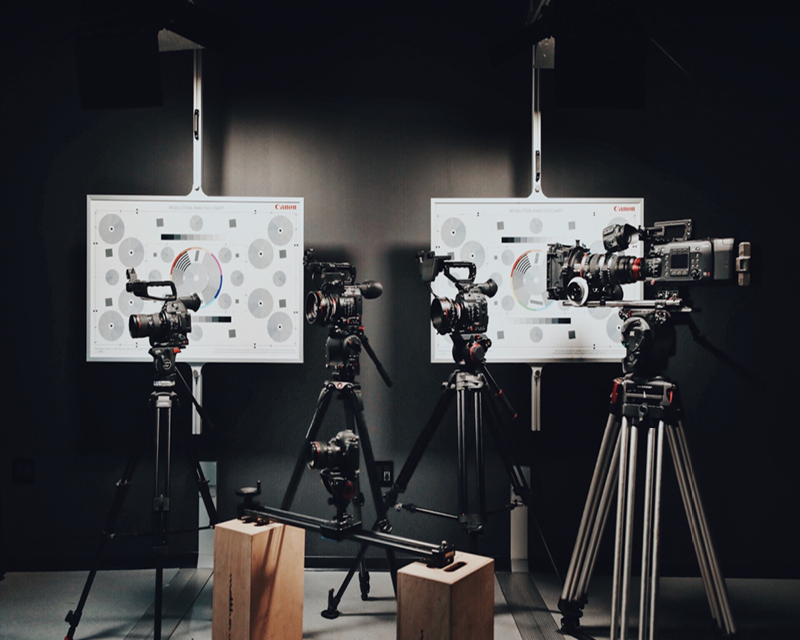The first Hollywood production with an all-Asian cast, “Crazy Rich Asians” hit an astonishing $26 million in its first week at the box office, generating social buzz and possibly a profound movement toward greater Asian representation in the movie industry.
“The movie is definitely indicating a powerful social change,” said Bryan Hur (11), MUN member. “When I lived back in Texas, I used to feel isolated and detached from the rest of the conservative society because most movies and entertainment were focused on the lifestyle of white people. I have seen and experienced discrimination against different social groups in the US, so seeing an all-Asian cast in a movie for the first time gave me real hope about a growing trend in social representation.”
A relatable and contemporary love story, the romantic comedy details the attempt of Rachel Chu, an Asian American professor at New York University, to win approval and social acceptance from her boyfriend Nick’s family, one of the wealthiest in Singapore. The plot of the movie goes far deeper than a glorious lifestyle of the elite in conflict with the pursuit of true love; it explores traditions and social norms intrinsic in Asian cultures. Eleanor, the mother of Nick, assumes a role in the movie as an alleged tiger parent, concerned primarily with the welfare of her son and the maintenance of her family’s social prestige. Contrary to Western misconceptions and exaggerations of tiger parents, Eleanor is a character with understandable motivations rather than irrational and obsessive incentives. Her relationship with Nick emphasizes filial piety, or the respect for elders, and the collectivist ideals present in Asian culture.
“I am excited that there is an increasing trend of Asian representation in a common, accessible, and entertaining form of media like Hollywood movies,” said Hannah Yoo (10), an avid movie fan. “It is great to see new faces of people representing our identity and culture take leading roles without creating the usual stereotypes about Asians. The movie shows how equally exceptional Asian actors can be. I feel like the way movies convey cultural aspects and lifestyles of people is subtle yet powerful.”
Asian characters in movies have always been on the sidelines, portrayed as geeky nerds, mathematical geniuses, or martial arts masters. This movie, however, brings an inspirational and rejuvenating change with new faces, opening up channels of diversity and exploration of multifaceted cultures. It focuses on the nuanced experiences of different Asian women –Asian Americans – instead of typically grouping all Asians into a unilateral category. The movie pulls on the heartstrings of the audience by expressing the internal struggle many Asian Americans face in consolidating their identity among clashing American and Asian cultures and the constant need for them to prove their belonging in society.
“I think this film can possibly set a precedent for future stories about Asians to be told,” Wendy Kang (10) said. “It is making a bold statement that a Hollywood film can be successful without whitewashing actors, which is often the strategy used by media companies than challenging stereotypes and stepping out of the box. I am proud that Asian culture is finally getting appreciated by an international audience.”
“Crazy Rich Asians” continues to have profound global implications for the emerging role of Asians. It is empowering Asians worldwide and creating a new global market that is harnessing the power of cultural representation in mass entertainment. The movie has left an audience craving for more heartfelt Asian stories to be told.

